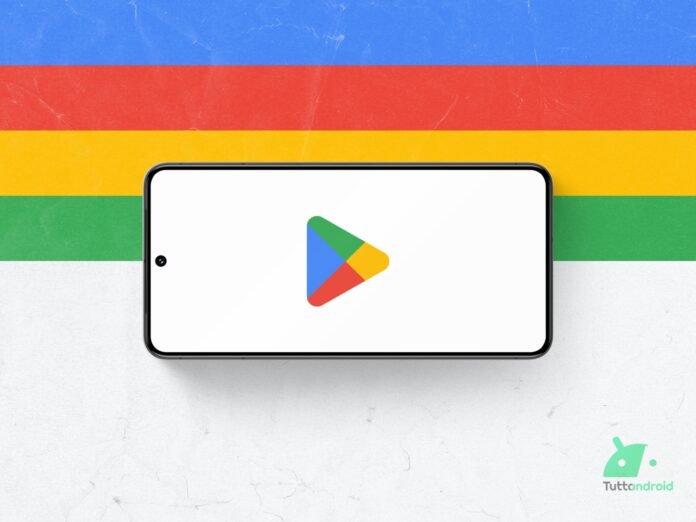Starting from October 29, 2025Android users in the United States will be able to download apps and complete payments even outside the Play Store. A historic decision for Google, which comes after the long legal battle with Epic Games and marks the beginning of a new era for Big Tech’s digital markets.
For the first time, developers will be able to directly communicate the availability of to users alternative versions of your applicationspromote more convenient offers and use payment systems external to the Google infrastructure. Until now, all this was prohibited by the platform’s rules, which forced developers to exclusively use Google Play Billing for digital transactions.
Index:
- Google opens the Play Store in the United States
- Google’s next moves
Google opens the Play Store in the United States
The change comes following aUS federal court order which forced Google to loosen restrictions on its digital store. The order will remain in effect until November 1, 2027and during this period developers will have full freedom to integrate external links and propose alternative payments, such as direct credit card, PayPal or proprietary systems.
Put simply, American users will be able to purchase subscriptions or in-app content at potentially lower prices, since developers will no longer be forced to pay the usual commission 15-30% to Google.
Until now, any attempt to promote external offers was prohibited by Play Store guidelines and punished by removal of the app. It is precisely on this point that the conflict with Epic Games was focused, which began in 2020 after the Fortnite publisher had introduced its own in-app payment system.
With the opening of the Play Store, Google gives American users the ability to download apps from other sources or purchase subscriptions at more advantageous conditions. Developers, in turn, will be able to publish direct links to alternative versions of their software, hosted on third-party stores or on their own websites.
However, this does not mean that Google completely gives up control of security. In an official note, the company stated that user trust “remains at the heart of everything we do” and that it will continue to follow the SAFE (Safety, Accountability, Fairness, and Ethics) principles for ensure a protected ecosystem even in this new, more open context.
At the moment, the changes only affect apps distributed in the United States, but the impact of this decision could go far beyond American borders. The model adopted by Google could in fact become a point of reference for future regulations on the digital market, especially in Europe, where the Digital Markets Act (DMA) pushes in the same direction of greater openness and interoperability.
Many developers and analysts consider this step a historic turning point for the Android ecosystem. The new rules reduce the monopoly of the Play Store, encouraging competition and promoting fairer economic conditions for app developers. At the same time, greater freedom of installation and payment imposes new responsibilities on Google, which will have to balance openness and security.
Google’s next moves
The company has confirmed that, in the coming weeks, it will publish new requirements and guidelines for developerswith the goal of maintaining high security while complying with the court order. According to what the giant said, these indications will define how to manage external links, price transparency and security checks for apps distributed outside the Play Store.
For now, the turning point concerns the United States exclusively, but it is not excluded that in the future Google could extend the same possibilities to other markets too, especially if forced by local regulations or antitrust pressure.

